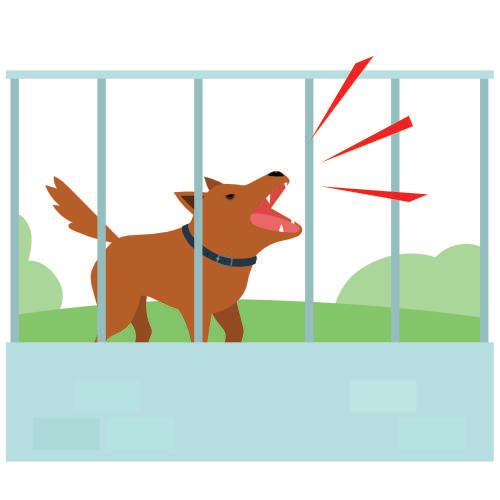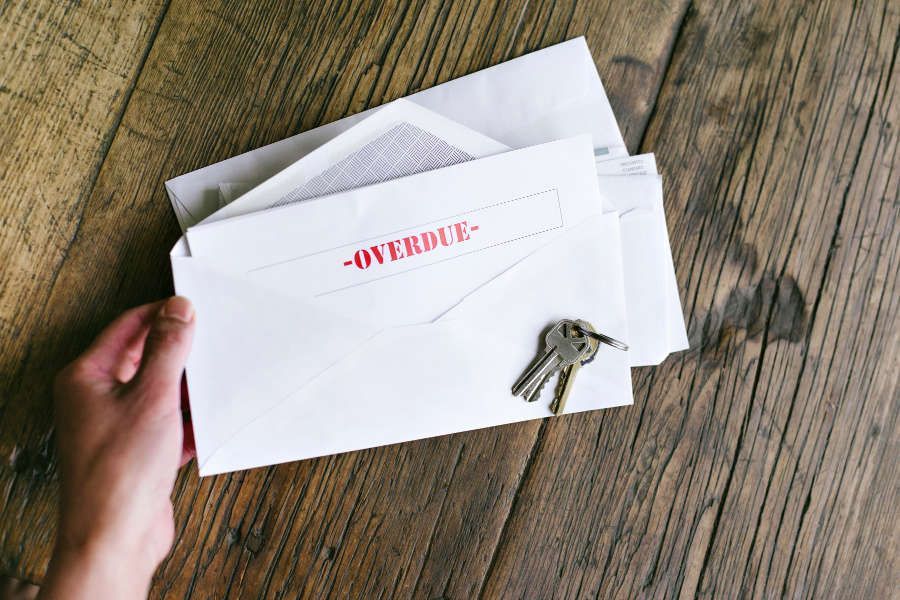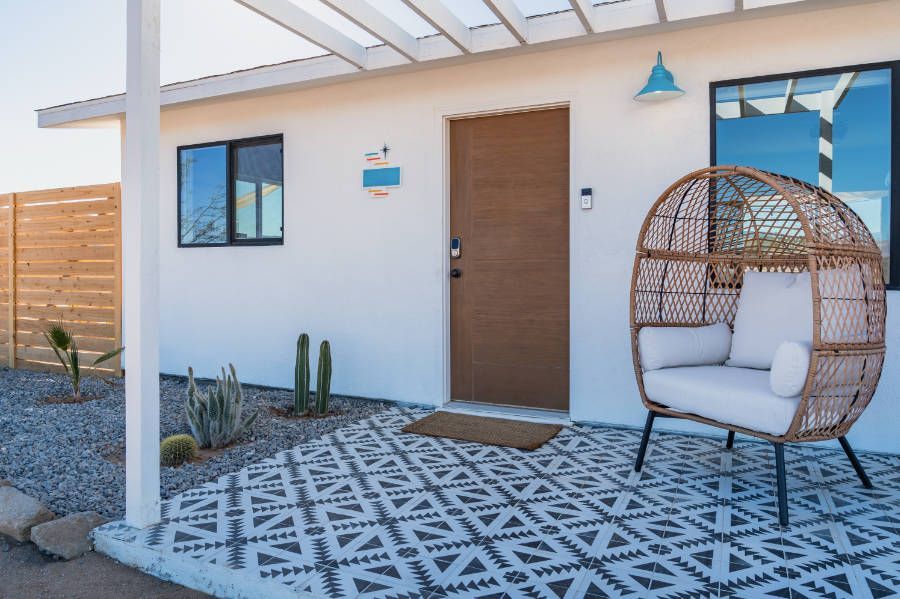How to Avoid Noise Complaints with your Rental
Noise Complaints Can Cause Headaches for Your Rental Property

Loud music, loud cars and excessive partying are generally seen as a nuisance by the local community. Which is why many cities have established noise control programs.
Nobody wants a noisy neighbor, and no landlord wants to hear that the police have been called on a tenant because they were being too loud. It's unwanted stress that you shouldn’t have to deal with.
Your tenants however, are not the only ones subjected to potential noise complaints, construction, maintenance and the use of power tools can also result in noise complaints from neighbors.
Below are a few options you have to prevent you or your tenants from receiving noise complaints.
How to Respond to a Noise Complaint
Understand that this situation may happen whether in a single family home or an apartment building. Accept the noise complaint cordially from whomever is delivering it. It's important to keep positive relationships with neighbors and tenants that live in the area. Show sympathy to their complaint and let them know you’ll try to resolve it as quickly as possible. Look into the noise complaint, depending on what is making the noise your response may differ. Finally ask the noisy tenant if they can keep it down. If the noise persists you may have to resort to more serious methods.
Be Aware of “Quite Hours”
Most counties and cities have their own noise ordinance, it's important to know when the “quiet times” begin. It's easier to enforce rules when you know them. In California most local ordinances prohibit loud noises between 11:00 p.m. through 7 or 8:00 a.m.
Though the city of Long Beach doesn't allow construction noises after 7:00 p.m. on weekdays. On Saturdays, construction noise is allowed from 9:00 a.m. to 6:00 p.m. Working within the allowed time frame lets your workers do their job maintaining, repairing or upgrading your Long Beach rental property without complaints.
Put it in Writing
The state of California law requires landlords to enforce noise provisions in accordance with the city ordinances. The best way for your tenant to understand the seriousness of the situation is for you to inform them that you will have a strict policy on excessive noise. This allows you to issue warnings to frequent noise makers as well as warn tenants that repeat violations of the noise rules may be subjected to more drastic measures such as eviction.
Installing Acoustic Insulation
If your Long Beach rental property is located near a busy street, the Long Beach airport or a construction site you may have tenants complaining about too much noise coming in from the outside. For these situations consider installing acoustic insulation on your walls, floors and ceilings to prevent noise from getting in. This can be a beneficial amenity you can market so your tenants feel an added layer of privacy knowing their neighbors can’t hear everything they do.
Noise Monitoring Sensors
If problems persist with noisy tenants, consider installing a noise monitoring system. These can inform you in real time when your tenants are being too noisy. Systems like Minut Responsive Service provide an easier way to make sure excess noise is dealt with quickly. These devices can detect when noise levels are too high and contact your guests to please keep it down. If the noise persists minut will then send a responder to resolve the issue, and send you a report.
These systems are not just to keep noise levels down, but can also be integrated into smart security systems, smoke, and carbon monoxide detectors.
It's ok to have the occasional get together, but there is no reason for a tenant to get noise complaints. If you are looking to install acoustic insulation to protect tenants from outside noise or noise monitoring system to keep tenant noise down call us at (562) 888-0247 or feel free to fill out our
free rental analysis to see what your rental could yield today.





